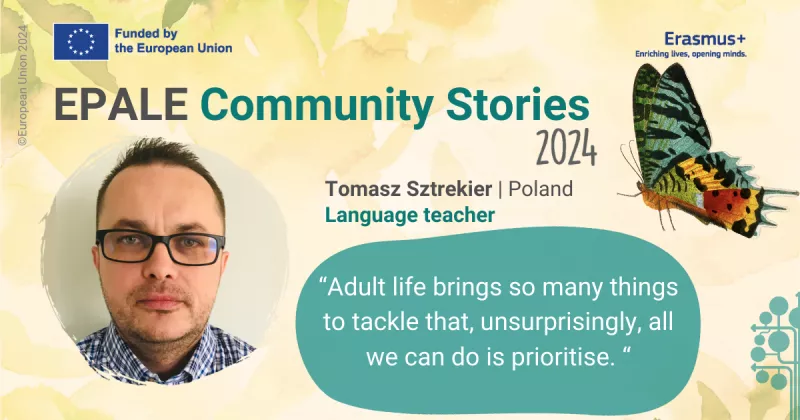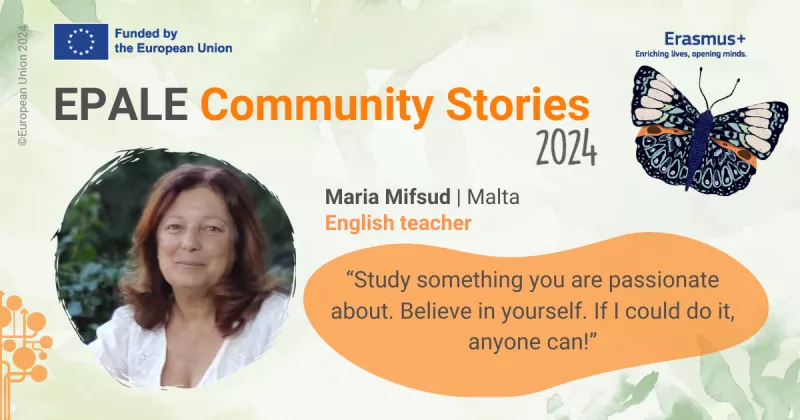Training curriculum described for the role 'Reference Professional for Inclusive Ageing in Age-Friendly Cities'
Impact of increased life expectancy
While we celebrate increased life expectancy, we must recognise that this reality, combined with the ongoing European and global crisis in terms of wars, economy, environment and health, poses - and will pose in the coming years - new challenges to both age-friendly cities and education systems. Within this context, VET stakeholders agree that the demands of longevity and demographic transition require the cultivation of new professional roles and skills.

AGE-FRIENDLY TOOLKIT project
In response to these needs, the AGE-FRIENDLY TOOLKIT project project (https://www.afctoolkit.eu/) formulated a training curriculum for a pioneering role: the "Reference Professional for Inclusive Ageing in Age-Friendly Cities" and produced a collection of accessible learning resources (learning content and educational app). The training curriculum is described in the Booklet TRAINING CURRICULUM FOR A NEW PROFILE OF "AGE-FRIENDLY CITIES PROFESSIONAL.
The training curriculum came about with the active input of more than 120 experts from several European countries.
Content
The training curriculum will consist of five modules.
Module 1: Built and smart environments
Module 2: Social participation
Module 3: Social inclusion and collaboration
Module 4: Employment and community engagement
Module 5: Community support and communication.
In addition, the curriculum has several cross-cutting themes that recur in different ways in the modules, such as accessibility, age discrimination, ageing and digital technologies.
Follow-up steps
The AFC Toolkit consortium is now working on fleshing out the modules. The modules are created using a detailed guideline and templates, so that the modules have a similar length, structure and approach. The content of the modules has again been validated with the help of experts on the various topics. After several internal rounds of checks, fixes and new checks, the modules will be translated from English into Dutch, Spanish, Italian and Danish (September 2024). After this, the modules will be uploaded into a web-based app and become available on both mobile and desktop (October 2024). This will be followed by several rounds of validation with experts, after which in February 2025 the whole curriculum can be disseminated in meetings with stakeholders, such as policy officers, innovators in care and welfare and other interested parties.
To read more, there is a link to the booklet in five languages: https://www.afctoolkit.eu/results/





